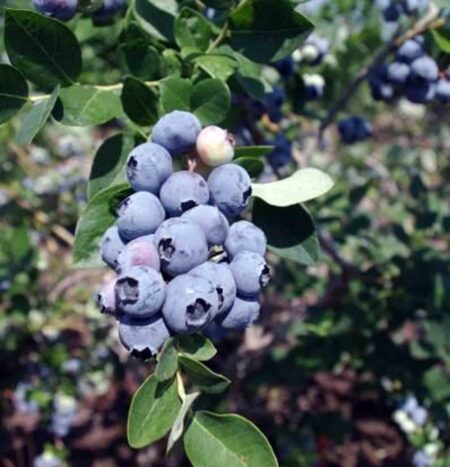NORTH FLORIDA — There are many types of scale insects that potentially can become a pest on a number of our landscape plants in North Florida. But the home gardener may not recognize these small-scale critters as insects. It is important to understand this pest before attempting to control it.
People often have trouble controlling scale insects for three reasons.
- They don’t become aware of the scale infestation until it’s extensive and entire branches begin to yellow and die. Sometimes this is because the scale is not recognized as an insect pest.
- They don’t apply insecticides at the correct time.
- Their insecticide sprays don’t cover the entire plant (all sides of infested leaves and branches).
Routine plant inspection to identify scale problems early, proper timing of insecticide applications and thorough spray coverage is essential for successful scale control.
Mature scales can’t move and are found attached to branches or foliage. Scale insects weaken or kill a plant by sucking plant sap.
While feeding, some scales excrete excess sugary sap that ends up on the outside of the plant. It is commonly called honeydew and it is sticky. Often, a black fungus grows on this honeydew, giving the leaves a black sooty look.
A number of beneficial insects attack scale, including tiny parasitic wasps and ladybugs.
When low-lever populations are present along with beneficial insects, delay insecticide treatments and watch the progress of these insects in controlling the scale infestation. If scale numbers decrease or stay at low levels, don’t spray. If scale numbers increase, an insecticide application may be necessary.
Scale insects often can be controlled on landscape plants with horticultural oil. Horticultural oil applications are not advised when outdoor temperatures exceed 90°F.
Apply insecticide sprays when the scale eggs have hatched and young crawlers are actively moving over the plant. A magnifying glass or hand lens is needed to see the tiny, pale yellow immature scales (crawlers) moving outward and upward on the plant toward the most recent growth.
Usually, all eggs will have hatched within 7-30 days. So, when new growth begins during late winter or spring, check scale-infested plants weekly for the immature crawlers.
Large plants, which may be difficult or impossible to spray, may be treated with a systemic insecticide such as one that contains imidacloprid.
When using any insecticide, including oils, follow the label directions and precautions.
You can tell if the scale has been killed by pressing and sliding your thumb across a group of scales. Dry scales that flake off readily have been killed.
Contact the UF/IFAS Extension Office in your County or access the below link for more info on scale insects. https://edis.ifas.ufl.edu/publication/MG005
Larry Williams is the Extension horticulture agent with the Okaloosa County Cooperative Extension Service, University of Florida. Contact Larry at 689-5850 or email lwilliams@myokaloosa.com.








